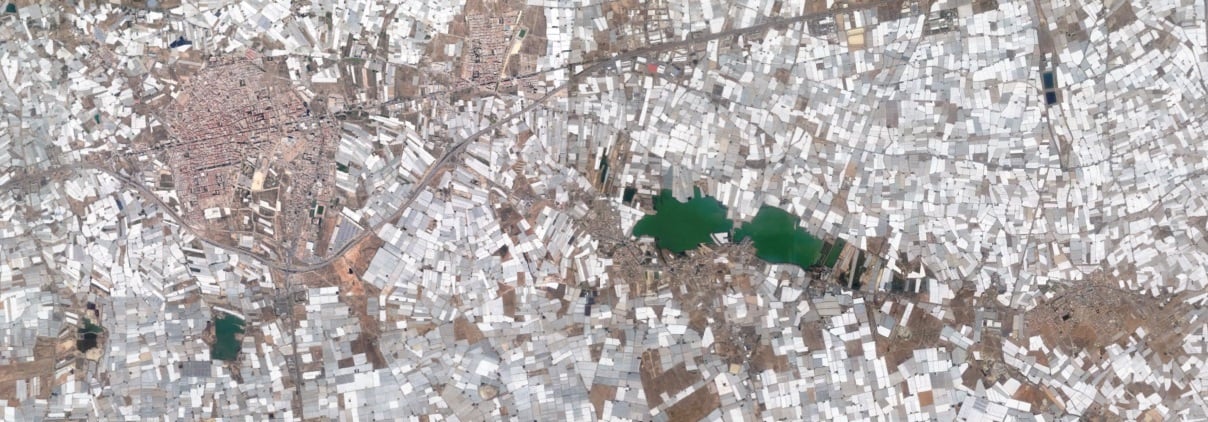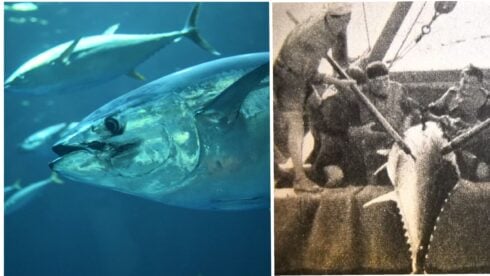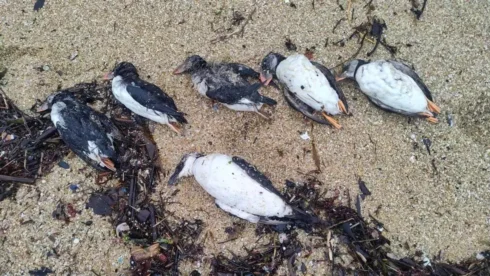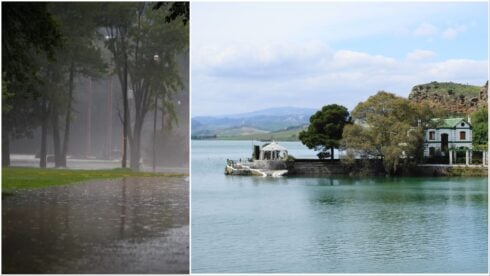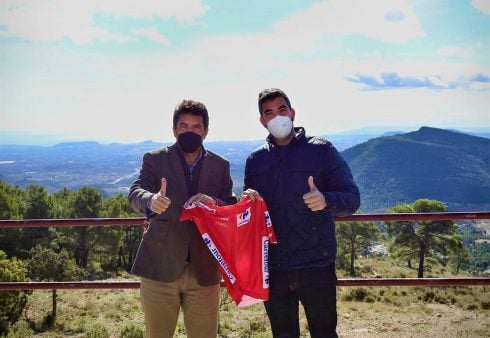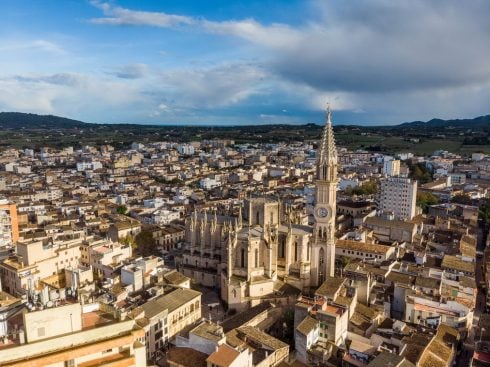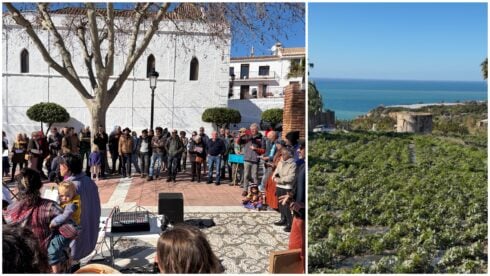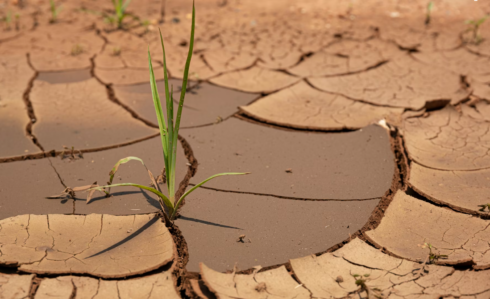IF anyone has told you that the Great Wall of China is visible from space, I’m afraid they were telling fibs – or spreading fake news, to use journalist jargon.
But would you believe me if I said that astronauts floating through the star-studded cosmos can see the greenhouses in Almeria, where vast quantities of fruit and vegetables are grown for European supermarkets, many of them UK ones?
Well, you should. Because the demand for cheap food has spawned a monster comparable in this regard to the Pyramids at Giza or the Great Barrier Reef, a sore white thumb that sticks out from Spain’s sublime southern coastline and is encroaching north on the verdant sierras.

Known as the Mar de Plastico (Sea of Plastic), this sprawling network of greenhouses has expanded rapidly in recent years and now covers some 31,000 hectares. It even affects the region’s climate, as the shimmering plastic sheets reflect sunlight into the atmosphere, much like the North and South poles. While temperatures in the rest of Spain have climbed steadily at rates above the global average, they have declined in Almeria by 0.3C per decade, offsetting the warming associated with climate change through an inverse greenhouse effect.
Unfortunately, this is the only positive environmental impact of this dazzling polyethylene ocean. Scattered by human hands or the wind, surplus plastic finds its way across the region with ease, contaminating rivers, spoiling ecosystems and infiltrating the Mediterranean Sea. In 2013, a sperm whale washed up dead on Spain’s southern coast after swallowing a combination of transparent sheeting, plastic bags, two lengths of hosepipe, nine metres of rope, two flowerpots and a plastic spray can – 17kg of waste, mainly from Almeria, that clogged the creature’s stomach and killed it.

The damage to human health is equally devastating, proving once again that environmental harm often goes hand in hand with abuses of human rights. Warmed up like a baking tray by the scorching Spanish sun, temperatures inside the greenhouses can reach 50C, while their plastic sheeting releases carcinogenic fumes. They are but two of the occupational hazards that affect some 7,000-10,000 migrants as they wade through Almeria’s Sea of Plastic, picking fruit and vegetables under toxic conditions. Most of them live in makeshift houses built out of whatever materials they can forage, such as scraps of plastic and pieces of wood. Running water, electricity and sanitation are scarce.
“I have been here working and struggling for 19 years, working for many years under plastic,” Spitou Mendy told UK campaign organisation Ethical Consumer in October. “I have to say the main change in this time is: nothing.”
Formerly a teacher in Senegal, Spitou is one of the many African migrants who works long days for around £4.50 an hour, below the minimum wage. Occasionally, the supply companies are made to pay their workforce more. But they usually find a way round it, taking the money out of travel costs or through other means, increasing their profits at human expense.

“The working conditions are terrible,” Moroccan migrant worker Hassan told the Guardian. “Sometimes we work from sunup to sundown in extreme heat, with only a 30-minute break in the whole day.”
The situation is similar for strawberry pickers in Huelva, as Philip Alston, former United Nations’ special rapporteur on extreme poverty, discovered in 2020. Following his 12 day visit to the region in January, Alston described the migrants’ living conditions as ‘inhuman’, saying they rivalled ‘the worst’ he had seen ‘anywhere in the world’.
In the hope of ending the humanitarian disasters in Almeria and Huelva – which the COVID-19 pandemic is exacerbating, as the labourers have limited access to PPE – various organisations and institutions have mounted pressure on European supermarkets. These include Ethical Consumer, which has called on all major UK supermarkets to publish complete lists of suppliers and investigate issues reported by unions and NGOs, among other demands.
Time will reveal whether the companies comply. Meanwhile, the Mar del Plastico will continue to grow as people fleeing war-torn regions brave the dangerous journey across the Mediterranean Sea. Profit and cheap groceries can come at high prices; in the case of Almeria, the cost is pollution and human welfare.
Click here to read more Spain News from The Olive Press.

